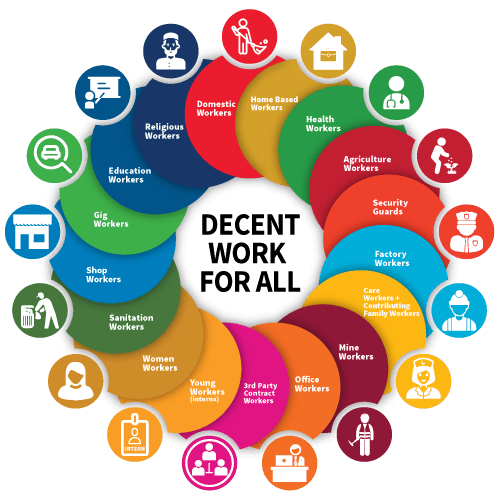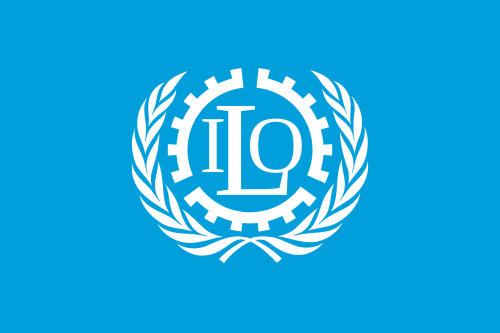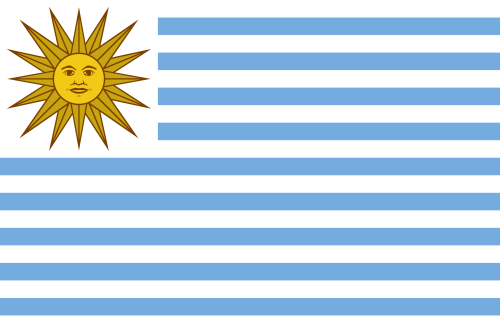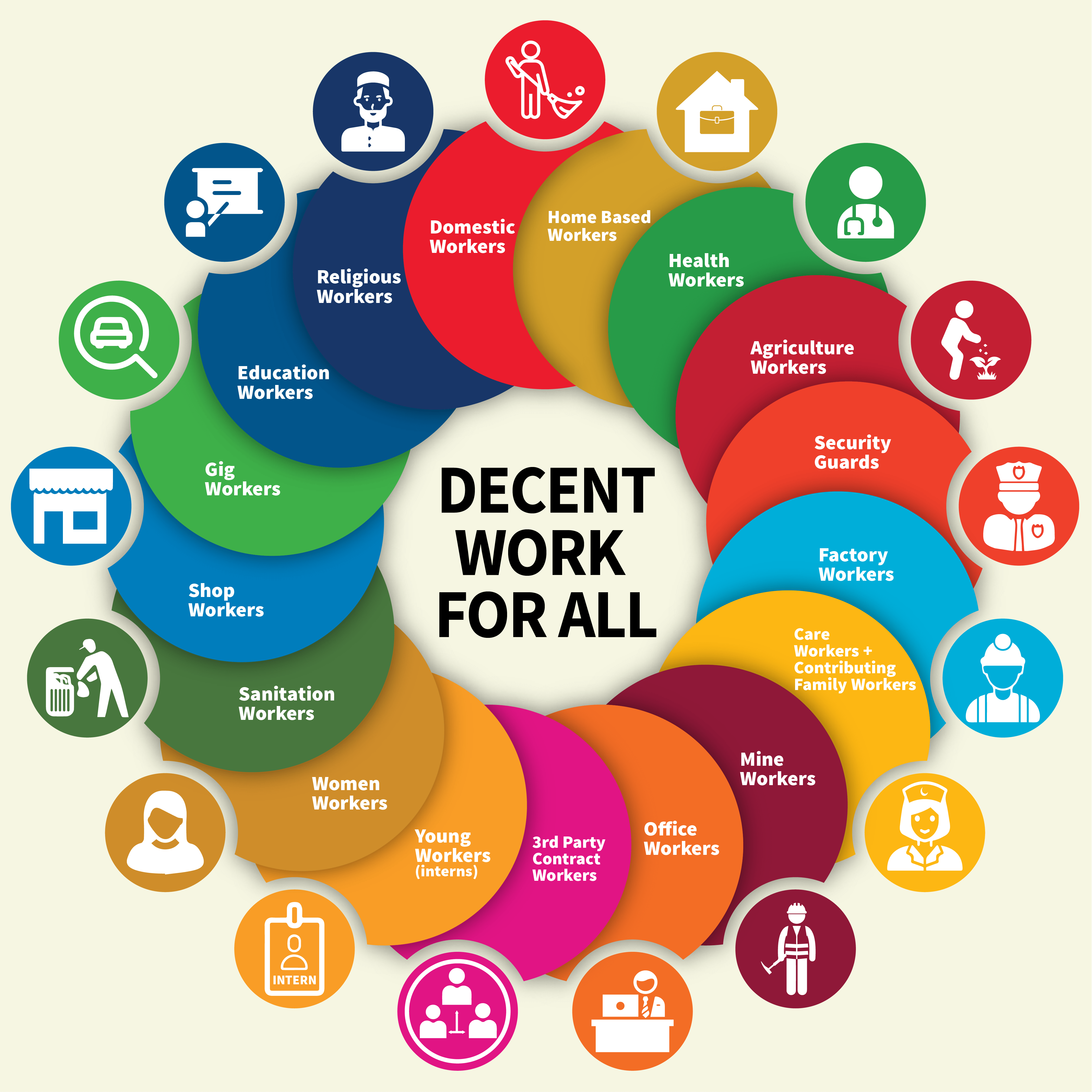United Sates of America
In the US, AB5 was enacted by California in 2019 creating a presumption of employment and establishing a simple test on classification. However, Prop-22 was passed in November 2020 as a ballot initiative which allows companies to classify workers as independent contractors. New York (USA) enacted the first-ever law to improve working conditions of food delivery riders by setting the minimum pay, access to bathrooms in restaurants, etc. The Federal Trade Commission (FTC) put platforms on notice in September 2022 by issuing a policy statement promising to protect gig workers from unfair pay and contracts. In October 2022, the Department of Labor (DOL) published a proposal that would reverse a Trump-era rule that lowered the bar for classifying workers as independent contractors.
New York (USA) enacted the first-ever law to improve working conditions of food delivery riders by setting the minimum pay, access to bathrooms in restaurants, etc

























